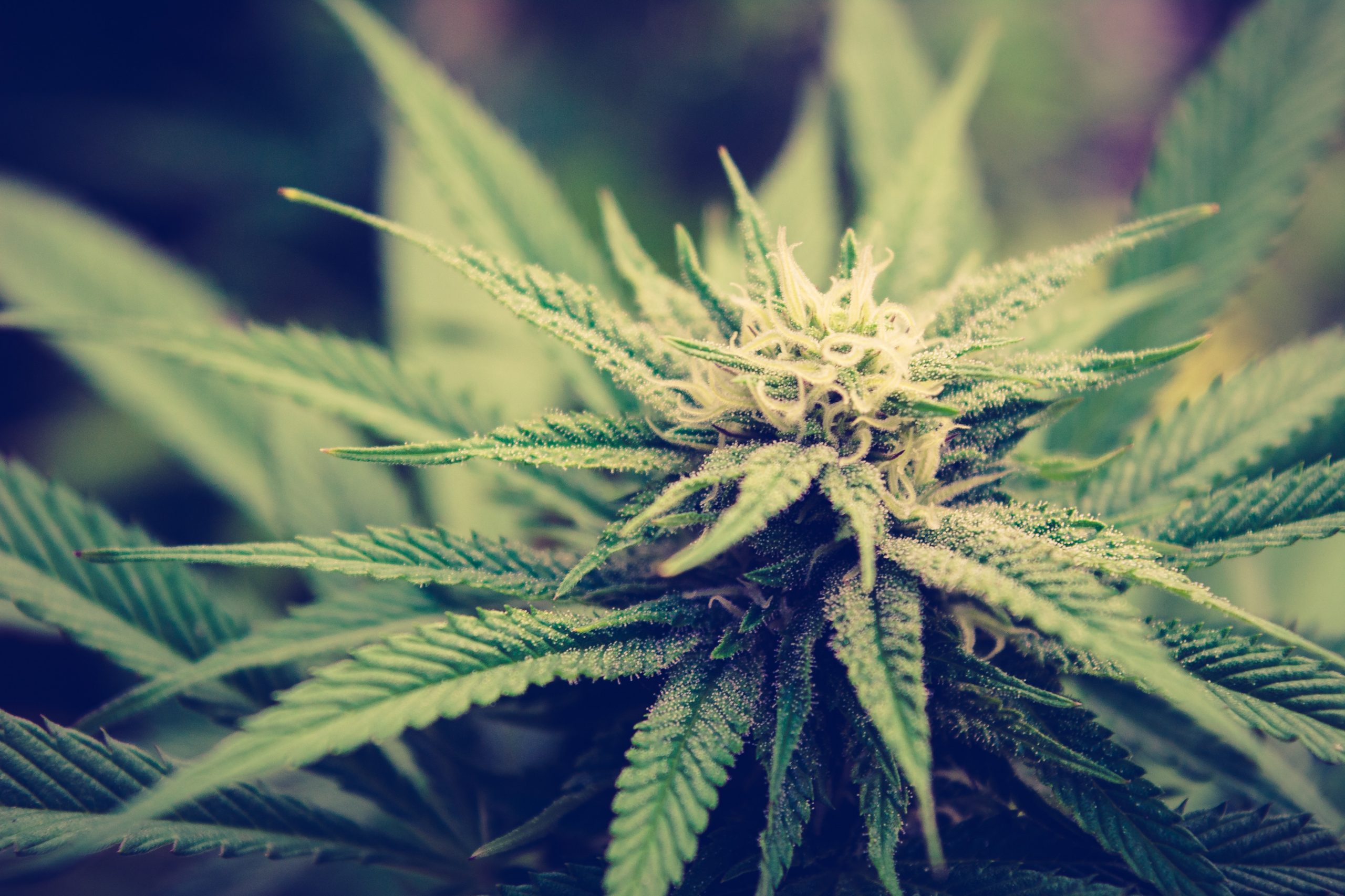What Today’s Marijuana is Really Like for Your Teen
By: Heather R. Hayes, M.Ed., LPC, CAI, CIP
January 8, 2018
Parents, listen up. Today’s marijuana is not the marijuana of your parents’ generation. We’ve entered a new generation of marijuana production and consumption, and the dangers of today’s marijuana are momentous.
Today, teens report viewing marijuana as relatively harmless because “it’s a plant” (reality check: heroin and cocaine also come from plants) and because it’s legal for medicinal purposes in many states.1 However, today’s marijuana is significantly more potent than it was in the 1990s. Scientists tested the levels of THC (tetrahydrocannabinol)— marijuana’s primary psychoactive ingredient—in batches seized by the United States DEA over the last 20 years and discovered that pot had about 4% THC in 1995 vs. 12% in 2014.2 On the other hand, the ingredient in marijuana considered most beneficial as a medicine, CBD (cannabidiol), fell from 0.28% in the 1990s to less than 0.15% in the mid-2000s. Put another way, there was 14 times more THC than CBD in 1995, while there was 80 times more in 2014.
That’s a significant change, with potentially damaging consequences.
Researchers aren’t entirely sure why today’s marijuana is so strong, but they think it may be due, in part, to an increasing amount of the more potent type of cannabis known as sinsemilla. This higher-intensity marijuana can lead to negative experiences when smoked, such as panic attacks or even psychosis. This is a far cry from the marijuana of your grandmother’s generation.
What’s even more disturbing is the development of synthetic marijuana, also known by the following names:
• K2
• Spice
• Black Mamba
• Joker
• Kronic
• Kush
Synthetic marijuana is a group of manmade chemicals that is “either sprayed on dried, shredded plant material so it can be smoked (herbal incense) or sold as liquids to be vaporized and inhaled in e-cigarettes and other devices (liquid incense).”3 Though this isn’t really marijuana, the chemicals are known as cannabinoids due to their similarity to chemicals in the marijuana plant.
Teens probably know the drugs listed above as “fake weed,” but that’s really a misnomer. They aren’t safe or legal in any state. They are far more powerful psychoactive substances whose effects are not fully known. Yet, we do know that people who use them may experience effects similar to those of marijuana, including:
• Feeling relaxed.
• Having an elevated mood.
• Having an altered perception of things around them.
• Experiencing delusional or disordered thinking consistent with psychosis.
If someone experiences psychosis, they may feel confused, highly anxious, or paranoid and may hallucinate. Synthetic cannabinoids can also impact your physical health by causing one or more of the following symptoms:
• Racing heart.
• Raised blood pressure.
• Nausea or vomiting.
• Kidney damage.
• Seizures.
• Violent behavior.
• Suicidal thoughts.
What makes these drugs both more enticing and more dangerous to teens is that they are packaged in bright, shiny packages and are sold in novelty stores, on the Internet, and even at gas stations. Even though they are illegal to sell or have in your possession, those who make these synthetic cannabinoids work around restrictions by slightly altering the chemical formulas. Furthermore, the popular belief that all marijuana (or, presumably marijuana-like substances) is natural, and therefore safe, makes these variations a real threat to young people’s health and well-being.
Sources
1. The National Institute on Drug Abuse Blog Team. (2017). Marijuana.
2. Live Science. (2016). Potent Pot: Marijuana Is Stronger Now than It Was 20 Years Ago.
National Institute on Drug Abuse. (2015). Synthetic Cannabinoids.


